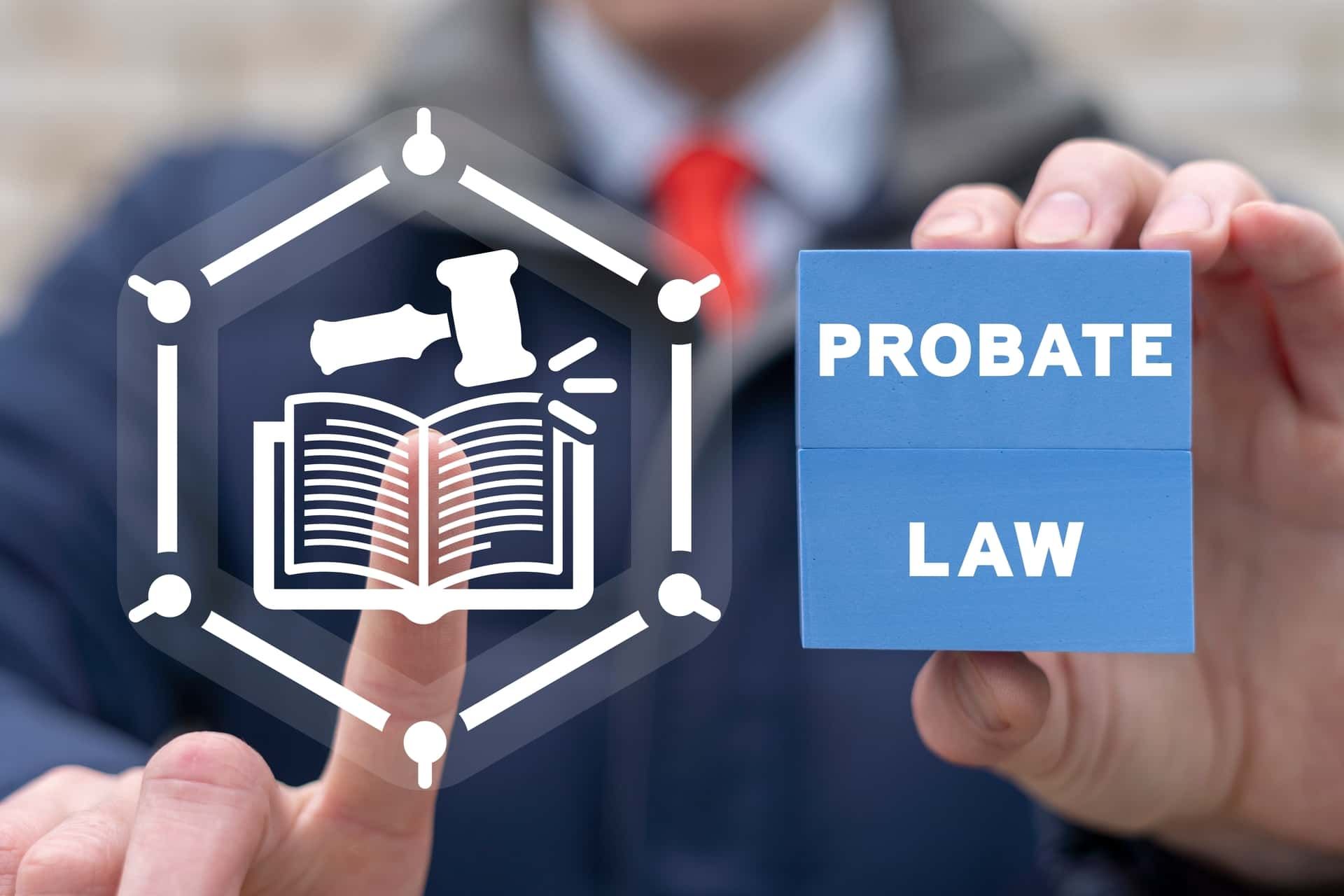The Taxability of Pandemic Unemployment Assistance
The numbers are staggering. The coronavirus has been a broad-side hit to the American economy. The week of May 11, 2020, brought another 3 million people to the unemployment rolls according to the Department of Labor. That means that, as of this writing, the total number of first-time claimants has risen to 36.5 million, which represents 22.4% of the labor force in March of 2020.
The unemployment claims exceeded economists’ expectations by nearly 500,000. After peaking at 6.9 million initial unemployment claims in the final week in March, the number of initial claims has declined steadily. However, it still leaves us with a devastating number of Americans unemployed. In the aggregate, the unemployment rate is now at 14.7%.
In this article, we are going to explore a special government assistance program that was created through the CARES Act to provide benefits to independent contractors, the self-employed, gig workers, and people affected by the coronavirus pandemic. That program is called the Pandemic Unemployment Assistance program, or PUA.
If, after reading this article, you have additional questions about unemployment assistance or your tax situation, we invite you to contact The Law Office of Mary King, P.L. We are tax service law firm for individuals in Florida , and we are ready to provide you with quality legal advice on any individual tax issue. Call today at 941-906-7585 , or fill out our contact form. We are here to help you.
What is Pandemic Unemployment Assistance (PUA)?
Pandemic Unemployment Assistance is a temporary expansion of regular unemployment insurance. As noted, it is specifically for self-employed workers, freelance workers, independent contractors, and part-time workers impacted by the COVID-19 pandemic. It is a part of the CARES Act, which was passed in late March of this year.
What is most important to know about PUA is that it is available to workers impacted by the pandemic who are not otherwise eligible for regular unemployment benefits through their state.
How Do You Apply?
The PUA program is currently set to run from January 2020 through December 31, 2020. People who are able to telework are not eligible for PUA benefits, and people who are not legally authorized to work in the U.S. are also not eligible for PUA.
Applying for PUA requires that you provide a certification stating that you are able and available to work and that you are unemployed, partially employed, or unable or unavailable to work due to one of the following COVID-19 related reasons:
1. You are infected with COVID-19, or you show symptoms and are seeking a diagnosis;
2. A household member is infected with COVID-19;
3. You are caring for someone with COVID-19;
4. You are caring for a child who cannot go to school because it is closed for COVID-19 reasons;
5. You are quarantined, or have been advised by a health care provider to self-quarantine;
6. You no longer have a job or can’t reach a job due to COVID-19;
7. The head of the household has died due to COVID-19 and you are now the primary earner;
8. You had to quit your job as a result of COVID-19; or
9. Your workplace closed due to COVID-19.
How Are Benefits Calculated?
PUA benefits are related to your previous earnings. As of now, the minimum benefit under PUA is a payment equal to 50% of the state’s average weekly unemployment benefit.
You should note that the government has experienced some delays in getting the PUA benefits up and running for self-employed and freelance workers. But, the benefits are retroactive to the time you made a claim and run for up to 39 weeks, including any weeks in which you received regular unemployment insurance.
PUA in Relation to Other CARES Act Programs
You may have heard about an extra 13 weeks of unemployment benefits and an extra $600 per week of unemployment payments until July 31, 2020. Those two benefits are different but can work in conjunction with PUA.
Thus, to sum up, PUA is an extension of unemployment benefits to workers who are self-employed, freelance, and independent contractors. The extra 13 weeks of regular unemployment benefits are called the Pandemic Emergency Unemployment Compensation program (PEUC). Finally, the extra $600 of unemployment payment each week until July 31 is part of the Federal Pandemic Unemployment Compensation (FPUC), which we discussed in last week’s blog.
Are PUA Benefits Taxable?
Yes. Unemployment benefits – either regular, PUA, PEUC, or FPUC – are considered income to you, and are therefore taxable.
Now, you may wonder why you would need to pay taxes on unemployment benefits. You may think that your job loss had nothing to do with you, and unemployment benefits are already taxpayer dollars, so why do you have to pay taxes on the money? The reason is fairly simple: Because the Internal Revenue Service says so.
Interestingly, the $1,200 stimulus payment that most American’s received in the month of April is considered by the IRS to be not income, and therefore not taxable. However, the IRS sees unemployment income differently.
Get the Assistance of an Experienced Tax Attorneys in Florida – Call Mary E. King, Esq.
If you have questions about COVID-19 legislation, are struggling with back taxes, or if you are a business that needs to plan tax payments throughout the year, then you need the help of an attorney who has experience with tax planning attorney in Florida.
The Law Office of Mary King P.L. can help you with all of your tax needs. We are experienced tax attorneys in Florida , and we offer complete services in all areas from tax implications of alimony to planning the most efficient tax strategy for individuals and businesses. We are proud of the experience and resources we have to provide to our clients.
Call our tax attorneys in Florida today to schedule an initial consultation. With years of experience, the Law Office of Mary E. King can make sure that your tax issues are resolved in your favor. Fill out our online contact form , or call us at 941-906-7585.
The post The Taxability of Pandemic Unemployment Assistance appeared first on Law Office of Mary E. King P.L..
Disclaimer: The information on this website and blog is for general informational purposes only and is not professional advice. We make no guarantees of accuracy or completeness. We disclaim all liability for errors, omissions, or reliance on this content. Always consult a qualified professional for specific guidance.
RECENT POSTS
CONTACT US






